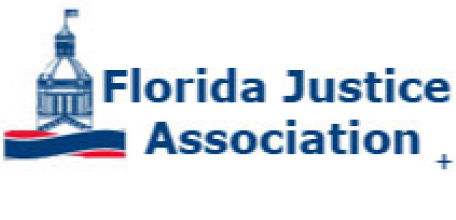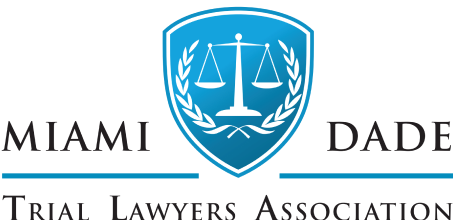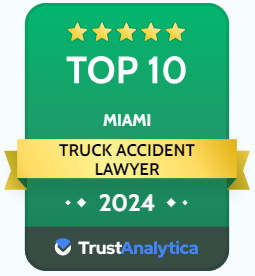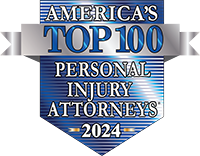Car insurance is mandatory in Florida, yet uninsured motorist accident cases remain common across the state. Florida law requires all motor vehicle owners to carry a minimum amount of auto insurance coverage to legally operate their vehicles on public roads. The purpose of this requirement is to ensure financial protection for drivers and others in the event of accidents. The minimum required coverage in Florida is often referred to as the “Florida No-Fault” or “Personal Injury Protection” (PIP) coverage.
What Insurance Is Required in Florida?
Here are the key insurance requirements for Florida drivers:
Personal Injury Protection (PIP) Coverage
Florida is a “no-fault” insurance state, which means that regardless of who is at fault in an accident, drivers are required to carry Personal Injury Protection (PIP) coverage to help pay for their own medical expenses and lost wages resulting from an accident. The minimum required PIP coverage is $10,000.
Property Damage Liability (PDL) Coverage
In addition to PIP coverage, Florida drivers are required to carry Property Damage Liability (PDL) coverage. This coverage helps pay for damage to someone else’s property (such as their vehicle or a fence) if you are at fault in an accident. The minimum required PDL coverage is also $10,000.
It’s important to note that while PIP and PDL coverage are mandatory, other types of coverage, such as bodily injury liability coverage, are not required by law in Florida. Bodily injury liability coverage helps cover the medical expenses and other costs of individuals you injure in an accident.
Florida law also requires insurance companies to offer Uninsured Motorist (UM) coverage and Underinsured Motorist (UIM) coverage, which can provide additional protection if you’re involved in an accident with a driver who doesn’t have insurance or has inadequate coverage.
Driving without the required insurance coverage can result in legal penalties, fines, and the suspension of your driver’s license and vehicle registration. To legally register your vehicle and maintain your driving privileges in Florida, you must have the appropriate insurance coverage in place.
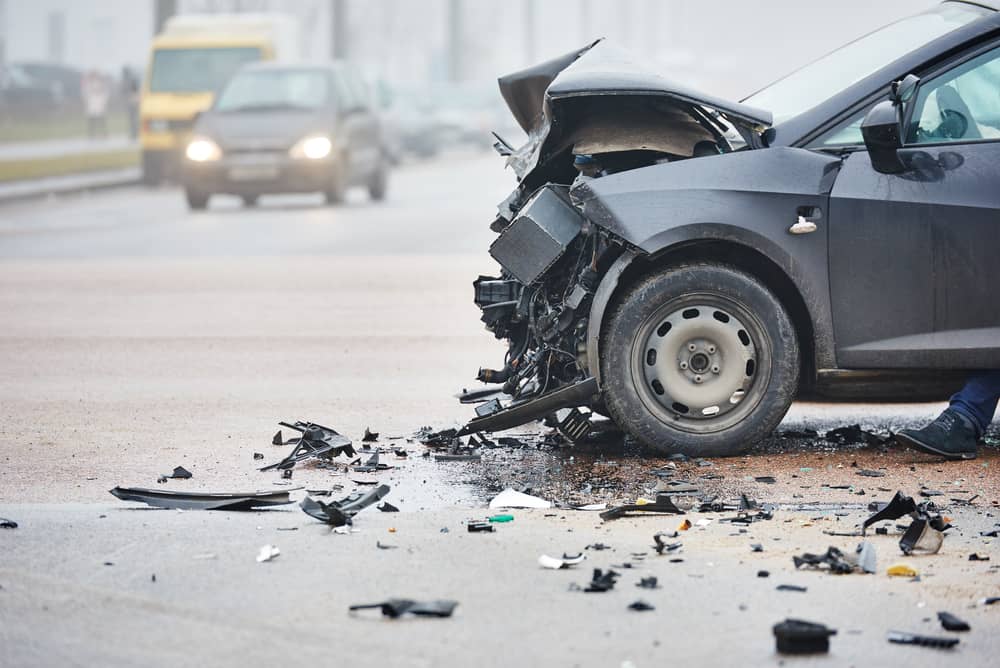
Penalties for Driving Without Insurance
Driving without the required insurance coverage in Florida can result in several consequences:
Suspension of License and Registration
If you’re found to be driving without insurance and you can’t provide valid proof of insurance, your driver’s license and vehicle registration can be suspended. The suspension remains in effect until you provide proof of insurance and pay the appropriate reinstatement fees.
Fines
Depending on the circumstances and the number of previous offenses, fines for driving without insurance can range from $150 to $500 or more.
SR-22 Requirement
After a suspension for driving without insurance, you might be required to obtain an SR-22 insurance certificate, which is a form that verifies that you have the required insurance coverage. This requirement might lead to higher insurance premiums.
Impoundment
In certain cases, law enforcement may impound your vehicle if you’re caught driving without insurance.
What to Do If You’ve Been Involved in an Uninsured Motorist Accident?
If you’ve been hit by an uninsured motorist in Florida, it can be a stressful situation. However, there are steps you can take to protect yourself and seek compensation for damages, even if the other driver doesn’t have insurance. Here’s what you should do:
#1 Contact Law Enforcement
If you’ve been involved in an accident with an uninsured motorist, call the police to the scene. A police report can be valuable when filing an insurance claim or pursuing legal action. Collect as much information as possible from the scene. This includes the other driver’s contact information, vehicle details, license plate number, and any witness information.
#2 Seek Medical Attention
If you’ve sustained injuries, seek medical attention immediately. Even if injuries seem minor, it’s important to have a medical evaluation to rule out hidden injuries that could worsen over time. Maintain detailed records of all communication with insurance companies, medical providers, and any other involved parties. These records can be valuable for future reference.
#3 Notify Your Insurance Company
Report the accident to your own insurance company as soon as possible. You’ll need to provide them with all the relevant details about the accident and the uninsured motorist. If you have uninsured motorist coverage (UM coverage) as part of your auto insurance policy, you can file a claim with your own insurance company.
Document all damages, including property damage and any injuries. Keep records of medical bills, repair estimates, and other related expenses. Work closely with your insurance company’s claims adjuster to provide all necessary information and documentation related to the accident. This might include photographs, medical records, repair estimates, and witness statements.
#4 Consult an Attorney
It will be beneficial to consult a personal injury attorney who specializes in accidents involving uninsured motorists. They can help you navigate the legal process and ensure you receive fair compensation.
If the uninsured driver offers to pay for damages out of pocket, be cautious. Consult your insurance company and your attorney before accepting any settlements to ensure your rights are protected.
Dealing with an accident involving an uninsured motorist can be complex, and the specific steps you need to take might vary based on the details of your situation. An auto accident lawyer from our team here at AccidentLawFirm.com will help you get your life back on track after being hit by an uninsured motorist.




